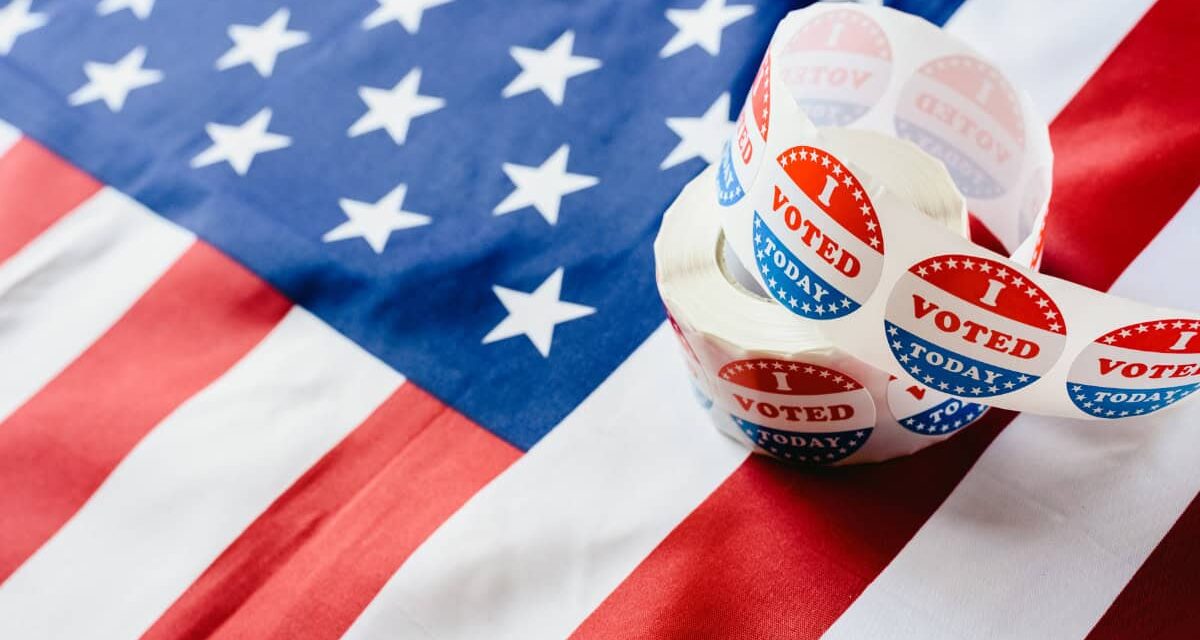©Joaquín Corbalán via Canva.com
By Tom Ryan
Source: retailwire.com, October 2024
Although several retailers on recent quarterly calls have called out anxiety around the presidential election as a risk to holiday spending, its impact remains debatable.
An Ipsos survey of nearly 1,100 U.S. adults taken on the first two days of October found 51% indicating that the election has no impact on their spending.
“Generally, there’s not a lot of evidence that elections change spending too much,” said Ipsos in a statement. “Consumer confidence tends to pause in periods around elections, but given America’s generally low voter turn-out, many aren’t phased by elections one way or another.”
Research conducted by The University of Chicago Booth School of Business in partnership with Princeton University analyzing four presidential elections from 2000 to 2013 found consumer sentiment declined for those seeing their candidate lose, but other factors such as weather, unemployment rates, and interest rates play a bigger role in affecting spending.
The authors concluded, “Despite individuals becoming quite pessimistic on government economic policy when their party loses the White House, it does not appear to affect household spending in a significant manner.”
The latest two contentious elections wound up delivering better-than-expected holiday gains:
- In 2016, U.S. retail sales in November and December grew 4%, topping NRF’s forecast that year of 3.6% and a gain of 3% in holiday 2015.
- In 2020, sales surged 8.3% during the November-December holiday season at the height of the pandemic. NRF had forecast a gain in the range of 3.6% to 5.2%.
Past research from ShopperTrak, Adobe Analytics, and Epsilon found that a pullback is common in the few weeks prior to election day due to the distractions from election coverage, followed by recovery afterward.
Still, several holiday forecasts cite risks tied to the election. A Yahoo News/YouGov poll taken in September found that 67% of Americans are anxious about the November election, a 7-point increase from four months ago.
Gordon Brothers’ experts forecast modest holiday selling gains, citing “increased uncertainty around the election, rising unemployment, stock market volatility, and weak manufacturing data pointing to a slowdown” despite favorable economic indicators, including the recent rate cut, stronger-than-expected consumer confidence, and dwindling inflation rate.
President Biden’s surprise exit from the race added another level of uncertainty for consumers this election year.
“We are definitely in uncharted territory as far as election years and presidential elections go,” Sky Canaves, principal retail and e-commerce analyst at market research firm Emarketer, told Vogue Business. “There’s a great deal of unpredictability and consumer sentiment that’s down to factors outside of the election, and that the election could have an impact on as well.”
Several retailers likewise cited elections among the factors behind cautious holiday outlooks on recent investor calls.
When asked about the election’s potential impact on Walmart’s second-quarter analyst call, John David Rainey, Walmart’s CFO, indicated that it could have some impact. He answered, “[The] good thing about elections is they come along every four years and we get to have a lot of history with seeing the impact of that. As I noted in my prepared remarks, given the state of the economy, the election, state of affairs globally, there’s reason to be appropriately measured in our outlook for the back half of the year, but effectively nothing has changed for that period of time relative to what we thought at the beginning of the year.”
Speaking at Goldman Sachs’ investor conference in early September, Ted Decker, Home Depot’s president and CEO, said “some general uncertainty” has households putting off larger pilots, citing concerns about when mortgage rates may go down, the potential recession, and “even things like the election.”
On Target’s first-quarter analyst call, Christina Hennington, chief growth officer, said, “Even as inflation moderates and we see sequential improvement in discretionary category trends, higher interest rates, uncertainty around the future of the economy, continued social and political divisiveness, and the upcoming election cycles have consumers concerned about what lies ahead.”

